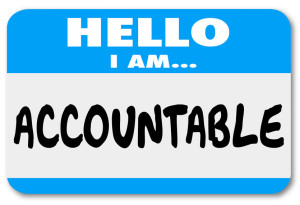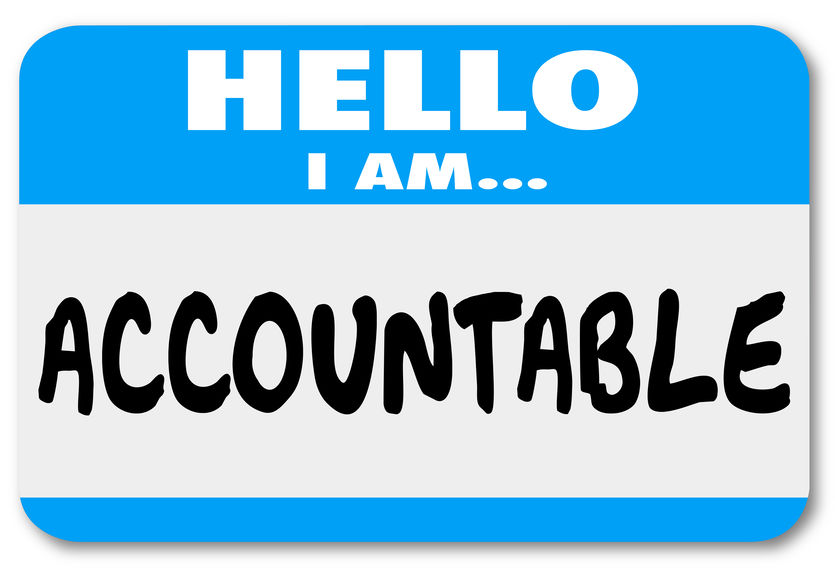 In one of our recent blog posts, we discussed the simple truth behind this concept: We can change who we are and where we are by simply changing what we allow into our minds. Today, we’re going to dive into another simple truth. Here at Rich in Thought, we believe there is ultimate sophistication in simplicity. So, why not take a moment to digest simple words that have complex meanings?
In one of our recent blog posts, we discussed the simple truth behind this concept: We can change who we are and where we are by simply changing what we allow into our minds. Today, we’re going to dive into another simple truth. Here at Rich in Thought, we believe there is ultimate sophistication in simplicity. So, why not take a moment to digest simple words that have complex meanings?
If we are tough on ourselves, life will be infinitely more rewarding.
What does it mean? First, we aren’t talking about blatant self-criticism. While self-criticism is good, when used excessively, it’s consistently associated with less motivation, worse self-control, and greater procrastination. Why? Because it shifts the brain into a state of inhibition, which in turn prevents your brain from taking decisive action.
The key is to ensure you’re not excessively hard on yourself, while still holding yourself accountable for reaching the goals you set. This requires constant attention and practice, but it certainly can be done. This way you can have a more balanced and emotionally equanimous life and perform at your highest level.
Hold Yourself Accountable For Reaching Your Goals
The essence of being tough on yourself lies in accountability. Holding yourself accountable is important because it allows you to prioritize your goals and better understand your reasons for having them. You can also use accountability to figure out what behaviors may be holding you back from reaching your goals.
Accountability allows you to evaluate the quality of your work, manage your time, and produce better results. And when you hold yourself accountable — when you’re appropriately tough on yourself — it increases your overall self-confidence and fine-tunes your self-management skills.
While it’s important to stay accountable, how do you actually do it? Fortunately, there are many systems for maintaining accountability. There is no one way to do a thing, so plan a strategy that suits your specific needs.
How to Hold Yourself Accountable
The first step in making change lies in adjusting your mindset. Focus on the positive aspects of your life and career and empower yourself to make adjustments. Consider journaling or some other method of self-assessment that tracks your progress. Reflect on past decisions and note favorable experiences, as well as the actions you took to ensure they happened.
You also want to make sure you establish a long-term goal. After all, this is the very reason you hold yourself accountable to begin with. It can describe a broad objective or something more specific. Make an agreement with yourself then take the required action to meet your long-term goal.
Finally, consider the following steps as you ensure self-accountability:
- Set short-term goals
- Define your values
- Create a workable timeline
- Write out lists
- Ensure full task completion before starting the new task
- Track your progress
- Reward yourself
In the end, as long as you’re appropriately tough on yourself, you can avoid the pitfalls that come with excessive self-criticism. Don’t be too hard on yourself while ensuring you take the appropriate steps to reach your goals.

